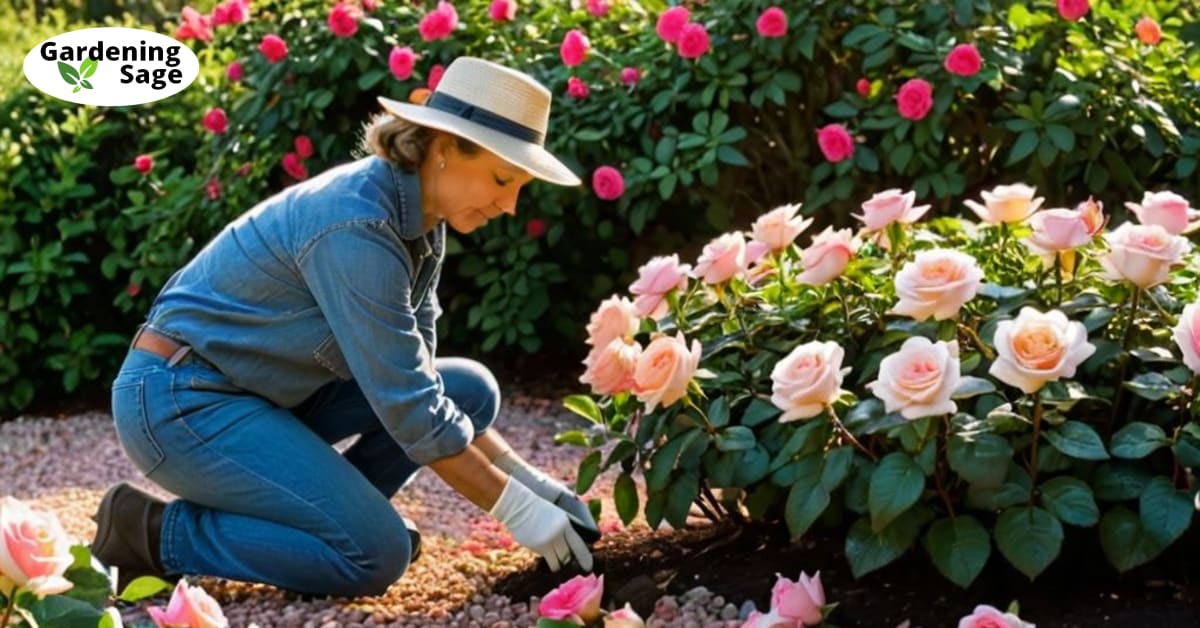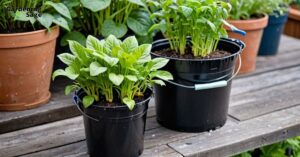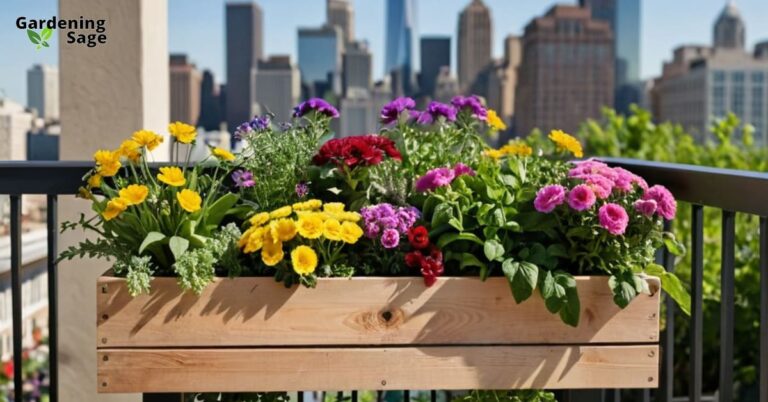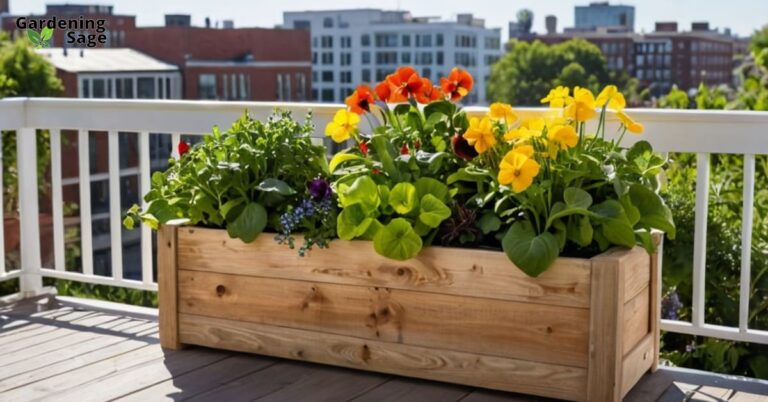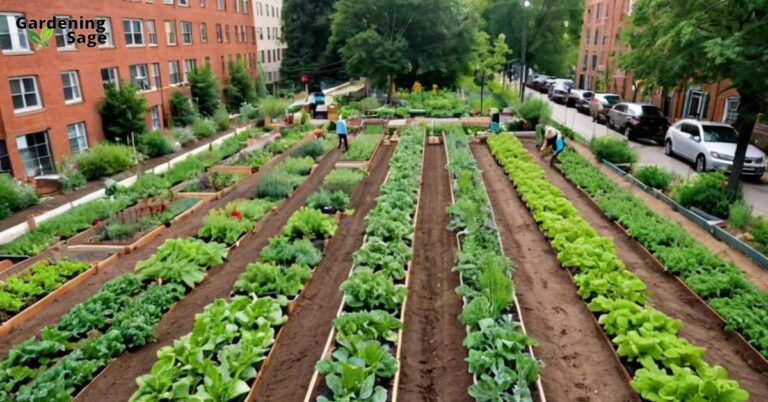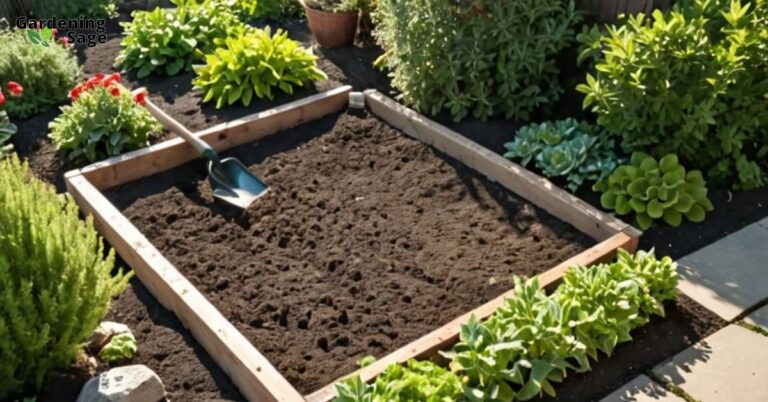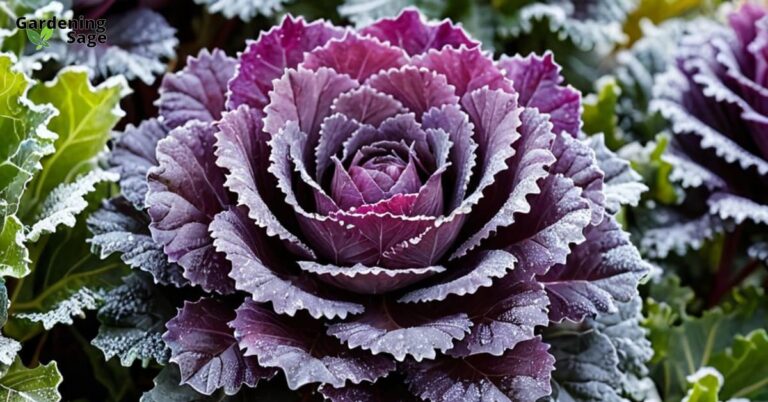Fostering a Rose Garden Oasis
Whether you dream of a single rosebush adorning your front porch or an entire rose garden bursting with vibrant blooms, planting these classic flowers brings beauty and fragrance to any outdoor space. With proper planning and care, you can cultivate healthy rose bushes that will thrive for years to come, creating a personal sanctuary that reflects your unique aesthetic and love for these iconic blooms.
Choosing the Ideal Roses
With over 150 rose species and thousands of hybrids, selecting the right roses for your garden can feel overwhelming. Consider factors like your climate zone, the amount of sunlight your planting area receives, and whether you prefer bush or climbing rose types. Hardy, low-maintenance shrub roses are great for beginners, while heirloom varieties offer old-fashioned charm and a sense of history to your garden. For those who love a challenge, hybrid tea roses with their large, fragrant blooms might be the perfect choice, though they require more attention and care.
Understanding Rose Varieties
When choosing roses, it’s important to understand the different types available. Shrub roses, for example, are known for their hardiness and disease resistance, making them ideal for those who want a low-fuss garden. Climbing roses can add vertical interest to your space, covering arbors or trellises with their colorful displays. Ground cover roses are perfect for filling in bare spots with a splash of color, while miniature roses are well-suited for container gardening or small spaces. Each variety has its own specific needs and growth habits, so it’s crucial to select the type that best fits your garden’s conditions and your personal preferences.
Preparing the Planting Area
Roses need at least 6 hours of direct sunlight daily and well-drained, nutrient-rich soil to prosper. Amend existing soil with compost or manure to improve drainage and nourish plant roots. Space bushes 2-3 feet apart for adequate air circulation, which is essential in preventing fungal diseases. Dig a hole twice as wide as the root ball for each rose bush you’re planting, ensuring that there’s enough room for the roots to spread out without crowding.
Planting Your Rose Bushes
Carefully remove each rose from its container, gently loosening any circling roots to encourage outward growth. Place in its hole with the graft union just above soil level, which is critical for the plant’s health and vigor. Backfill with your amended soil, firming it around the base to eliminate air pockets. Water thoroughly until the soil is moist but not soaked, providing the ideal environment for root establishment. Top with 2-3 inches of organic mulch like bark chips or compost, which will help retain moisture, regulate soil temperature, and suppress weeds.
Ongoing Care and Maintenance
Roses thrive with one inch of water per week, including rainfall. Apply a balanced fertilizer in early spring and midsummer to support vigorous growth and abundant flowering. Prune established bushes in late winter to remove dead wood and shape plants, which encourages healthy new growth and improves air circulation. Monitor for common pests like aphids and Japanese beetles, treating any infestations organically to protect your garden’s ecosystem. With attentive care, your rose garden will flourish, becoming a source of pride and a focal point of your landscape.
Seasonal Considerations
As the seasons change, so do the needs of your rose garden. In the spring, be vigilant about removing any debris from the winter and watch for signs of new growth. This is also the time to apply a layer of fresh mulch and begin your regular watering and feeding schedule. During the hot summer months, roses may require additional water to cope with the heat, especially in dryer climates. As autumn approaches, prepare your roses for the cooler weather by gradually reducing watering and stopping fertilizer applications to allow the plants to harden off. Winter care often involves protecting the base of the plants with extra mulch or soil to insulate against freezing temperatures, depending on your climate.
The Allure of Rose Gardening
For centuries, rose gardens have enchanted people with their elegance, intricate designs, and sweet fragrance. Growing roses allows anyone to craft a personal, blossoming oasis right at home. Beyond their striking beauty, roses also provide habitat for pollinators and other beneficial wildlife, contributing to the ecological health of your garden.
Cultivating rose bushes builds a rewarding connection with nature’s glory. Watching a bare rose cane burst into abundant blooms each season imparts hope and a sense of accomplishment. The sheer diversity of rose types, colors, and fragrances inspires creativity and provides endless possibilities for personal expression in your garden. For plant lovers seeking to add vibrant character to their landscape, planting rose bushes promises great joy and a journey into the art of horticulture.
The Therapeutic Benefits of Rose Gardening
Engaging in rose gardening can be more than just a hobby; it offers therapeutic benefits as well. The act of tending to your roses can be meditative and stress-relieving, providing a peaceful retreat from the hustle and bustle of daily life. The physical activity involved in gardening promotes health and well-being, while the satisfaction of nurturing plants and watching them grow can boost mood and self-esteem. Additionally, the sensory experience of being surrounded by the colors and scents of a rose garden stimulates the senses, enhancing one’s connection to nature and the environment.
Creating a Personalized Rose Garden
Designing your rose garden is an opportunity to reflect your personal style and preferences. You might choose a color scheme, such as a romantic palette of pinks and whites or a dramatic contrast of deep reds and yellows. Incorporating different textures and heights by mixing rose varieties can add visual interest and depth to your garden. Adding companion plants like lavender, salvia, or catmint not only complements your roses aesthetically but also helps to attract beneficial insects and deter pests. With thoughtful planning and design, your rose garden can become a captivating showcase that delights the senses and serves as a testament to your dedication to gardening.

